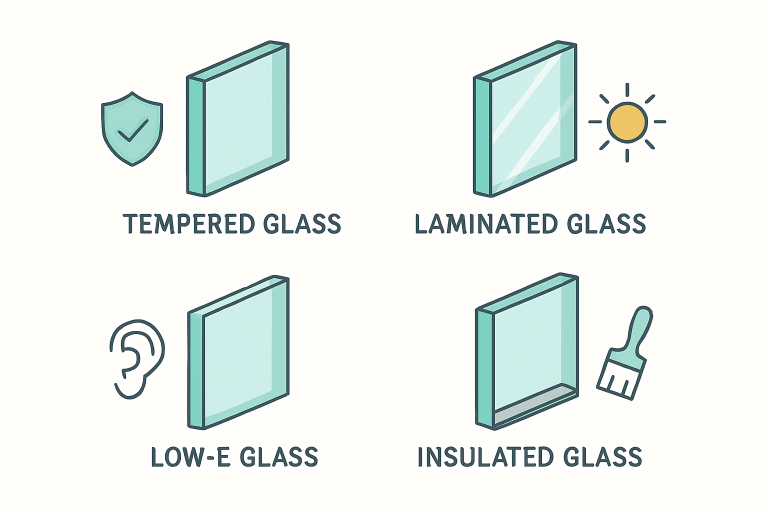Key Takeaways:
- Understand the unique needs of aging pets.
- Implement preventive care to enhance pets’ quality of life.
- Recognize signs of aging and adapt care routines accordingly.
Introduction
Caring for an aging pet involves unique challenges and considerations. As pets age, their needs evolve, requiring owners to adapt their care routines. For those looking for reliable services, local pet care Spanish Fort AL, offers convenient solutions tailored to your pet’s needs. This guide provides essential tips to ensure your senior companion remains happy, healthy, and comfortable.
Regular Veterinary Checkups
Just like humans, older pets need more frequent health checkups. Regular visits to the vet allow for early detection of age-related issues and timely intervention. It’s recommended that senior pets schedule checkups every six months. Early diagnosis of conditions like arthritis or diabetes can significantly improve treatment outcomes. Moreover, veterinarians can adjust care plans, recommend dietary changes, and prescribe medications as needed to manage chronic conditions, ensuring that older pets enjoy a high quality of life.
Balanced Diet
A balanced diet is crucial for maintaining the health of an aging pet. Senior pets often have different nutritional requirements, such as lower calorie intake to prevent obesity. Consult your vet to find the best diet plan for your aging companion. Look for food rich in omega-3 fatty acids, antioxidants, and fibers, which support joint health and prevent digestive issues. Additionally, dietary supplements can play a significant role. Omega-3s, for instance, can help reduce inflammation, while certain antioxidants may promote cognitive health. Always ensure that nutritional changes are tailored to your pet’s health needs.
Proper Exercise
While senior pets may not be as energetic as before, regular exercise remains essential. Gentle activities such as short walks, swimming, or interactive play can stimulate your pet physically and mentally. Exercise helps maintain muscle mass and bone density and keeps joints flexible. It also supports cardiovascular health and prevents obesity, which is a common issue in senior pets. However, adapting the exercise routine to your pet’s capability is essential. Overexertion can lead to injuries, so constantly monitor your pet’s response to physical activity and adjust accordingly.
Regular Grooming
Grooming helps your pet feel comfortable and can highlight hidden health issues. Brush their fur, check their skin, and trim their nails regularly to keep them in top shape. This is especially important for older pets prone to skin infections and matting. Regular grooming sessions also offer a great bonding opportunity. As pets age, they may struggle to groom themselves adequately, leading to issues like matting and skin infections. Regular grooming can help manage these problems and allow early detection of lumps, bumps, or other skin abnormalities that require veterinary attention.
Comfortable Living Environment
Make adjustments to your pet’s living environment to accommodate their changing needs. Please provide them with a soft and supportive bed, ensure easy access to food, water, and litter boxes, and guard against sharp objects or steep stairs. Consider using ramps for pets struggling with mobility. Additionally, keeping their resting area warm and quiet can help improve their comfort. Older pets may be more sensitive to temperature changes and noise, so creating a peaceful and stable environment can significantly enhance their well-being.
Monitor Their Behavior
Changes in behavior can indicate health issues. Look for signs such as increased sleeping, changes in eating habits, or unusual aggression. These could be signs of underlying health problems that require veterinary attention. Tracking behavior changes can provide crucial information to your vet for more accurate diagnoses. For instance, increased thirst may indicate diabetes, while reluctance to move could signal arthritis. Promptly addressing these changes can lead to early intervention and more effective management of health conditions.
Supplementation and Medication
Supplements such as glucosamine, joint in older animals, can significantly benefit pets with joint issues. Omega-3 fatty acids are beneficial for cognitive function and reducing inflammation. Always consult a vet before starting any new supplement or medication regime to ensure it suits your pet’s condition. Alongside supplements, medications might be prescribed to manage chronic conditions like arthritis or heart disease. It’s crucial to follow the vet’s recommendations carefully and monitor your pet for any side effects or changes in their condition.
Dental Care
Oral health is often overlooked but is vital for an aging pet’s overall well-being. Regular dental checkups, tooth brushing, and providing dental treats can help maintain good oral hygiene and prevent diseases. If left untreated, dental problems can lead to severe health issues, so staying on top of your pet’s dental care routine is crucial. Ignoring dental health can result in painful conditions like periodontal disease, which can affect other organs due to bacteria entering the bloodstream. Therefore, regular dental care is essential for your pet’s longevity and quality of life.
Mental Stimulation
Mental health is just as important as physical health. Activities like puzzle toys, scent games, and training sessions can keep your senior pet’s mind sharp and active. Mental stimulation reduces anxiety and helps prevent cognitive decline. Older pets can experience conditions similar to dementia in humans, so providing regular mental challenges can help slow down cognitive deterioration. Additionally, interactive games and training sessions can strengthen your bond with your pet, providing emotional satisfaction for both of you.
Incorporating these tips into your pet care routine can significantly enhance your aging pet’s quality of life.




